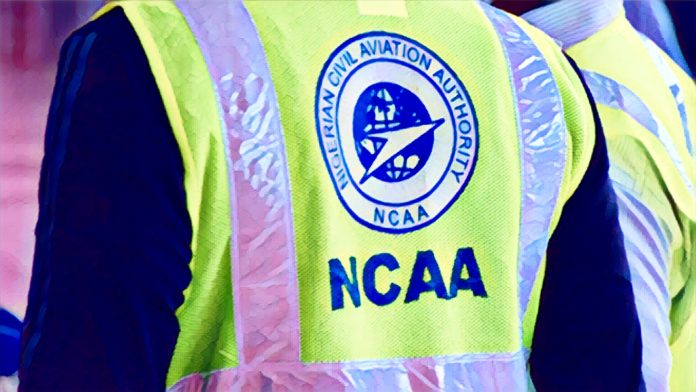Key Points
-
Nigeria aviation fleet expansion dominates current industry talks.
-
COMAC set to support domestic operators with new aircraft.
-
NCAA says partnership will cut dependence on foreign leasing.
The Nigerian federal government is talking to China’s state-owned aircraft maker, the Commercial Aircraft Corporation of China (COMAC), about buying more planes for the country’s airlines. This is part of an effort to improve the airline industry, which has been struggling because of high operating costs.
On Tuesday, the Nigerian Civil Aviation Authority (NCAA) confirmed the talks and said they were an important step towards reducing reliance on foreign leasing and building up local technical skills. Capt. Chris Najomo, the agency’s Director-General, spoke in Abuja and said that the talks were part of a bigger plan for the growth of aviation that the Ministry of Aviation and Aerospace Development is working on under Festus Keyamo (SAN).
The Nigerian aviation fleet is getting bigger in a new way
Recently, a group of Nigerian officials from the NCAA and the Ministry met with COMAC executives in Shanghai and Beijing to talk about how to work together to provide and service COMAC’s new ARJ21 and C919 aircraft models. People think that the Chinese jets, which are made for short and medium-haul routes, are cheaper than Boeing’s 737 series and Airbus’s A320 family, which are the most common planes in Nigeria’s skies.
According to a report by Vanguard news, Najomo said that the talks included ways to pay for things, help after the sale, getting spare parts, and training for Nigerian pilots and engineers. He told reporters, “The goal is to give domestic operators a way to renew their fleets at a lower cost and stop capital flight from aircraft leasing.”
Giving airlines more power by expanding Nigeria’s aviation fleet
Nigeria’s aviation industry is having a hard time because fuel prices are high, exchange rates are unstable, and more than 80% of the planes are rented from other countries. Airlines like Air Peace, Ibom Air, and Dana Air have had to put off renewing their fleets because it’s hard to get foreign currency and they have to pay high maintenance costs overseas.
Zhao Yang, the regional vice president for Africa at COMAC, said the company was open to partnerships that would set up local assembly and maintenance facilities. Zhao said, “We see Nigeria as a strategic hub for West Africa.” He also said that talks could include training partnerships with aviation schools in Zaria and Lagos.
Long-term vision and policy push
The federal government says the plan fits with its National Aviation Policy (2024–2030), which aims to increase the number of domestic flights by 25% in five years. According to industry expert Capt. John Ojikutu (rtd), the talks could be “transformational if there is political will and clear financing.”
The Nigerian aviation authority is now looking over the certification paths for COMAC’s planes to make sure they meet International Civil Aviation Organisation (ICAO) standards. Officials said that there would be more bilateral meetings before the end of the year to work out the details of the technical agreements and possible delivery dates.
The Nigeria aviation fleet expansion deal could change the future of air travel in the country and make Nigeria a major aviation hub in West and Central Africa. This is because the country’s ageing fleets and high leasing costs are holding back growth.



